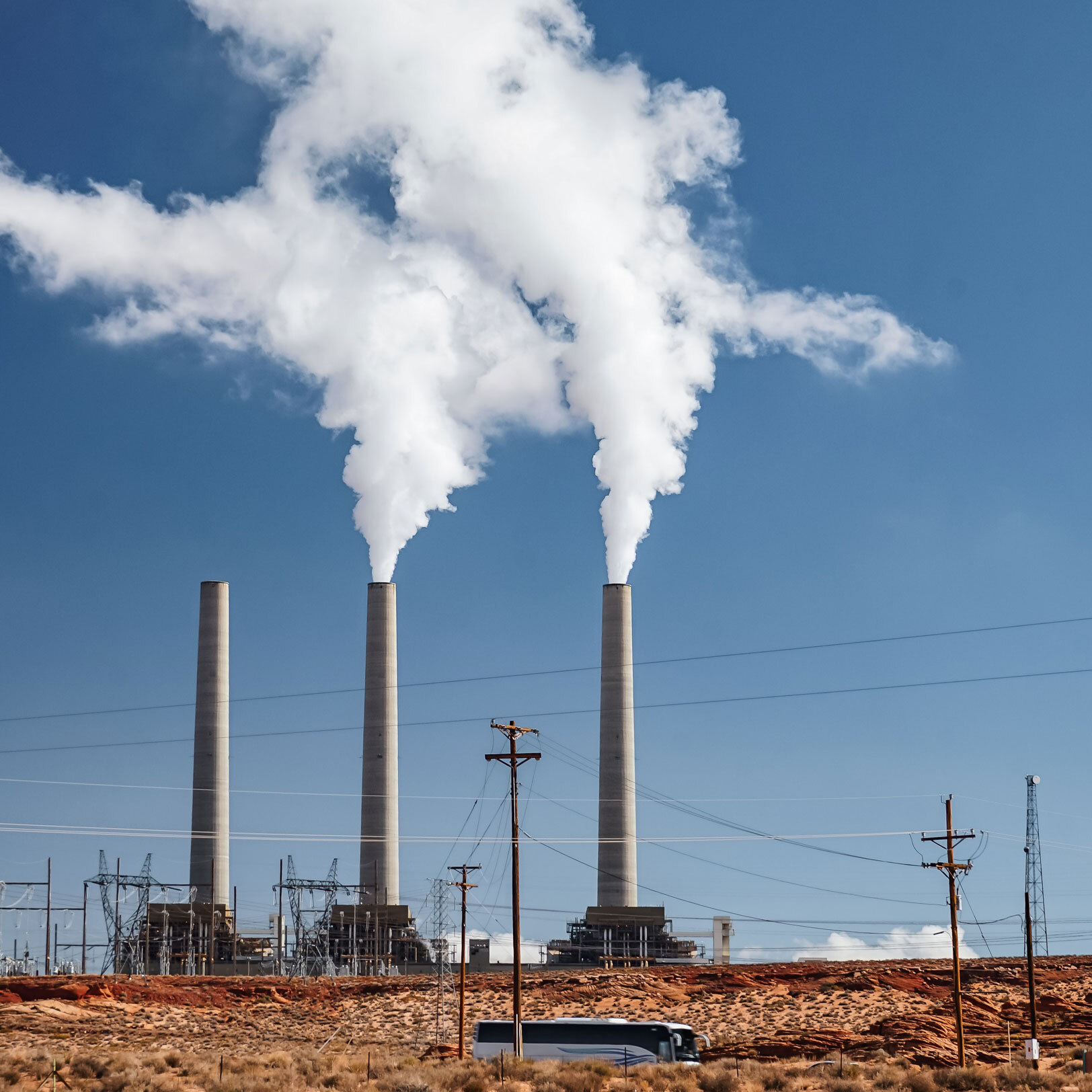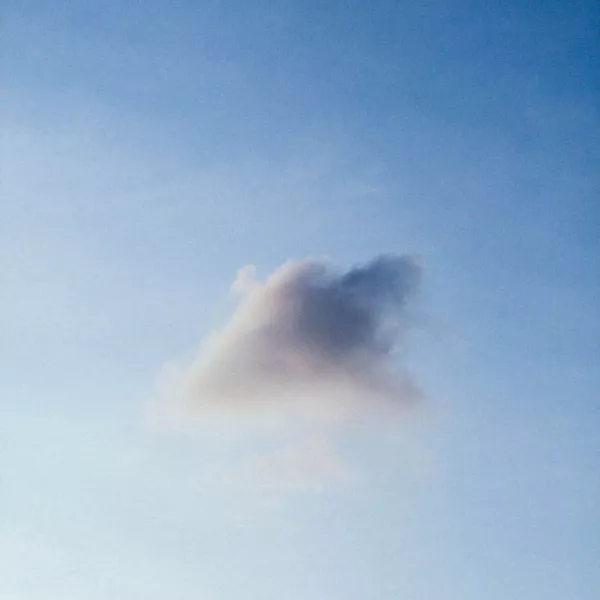TA Luft 2021: our insights on stricter air emission limits and wider remit in Germany
The revised version of Germany’s Technical Instructions on Air Quality Control, known as TA Luft, came into force on the 1st of December 2021. TA Luft governs the licensing requirements for industrial plants and aims to reduce emissions of pollutants to improve air quality.DESOTEC is keeping a close eye on new or updates of existing environmental regulations to make sure our activated carbon filtration solutions help industrials meet the new requirements.




